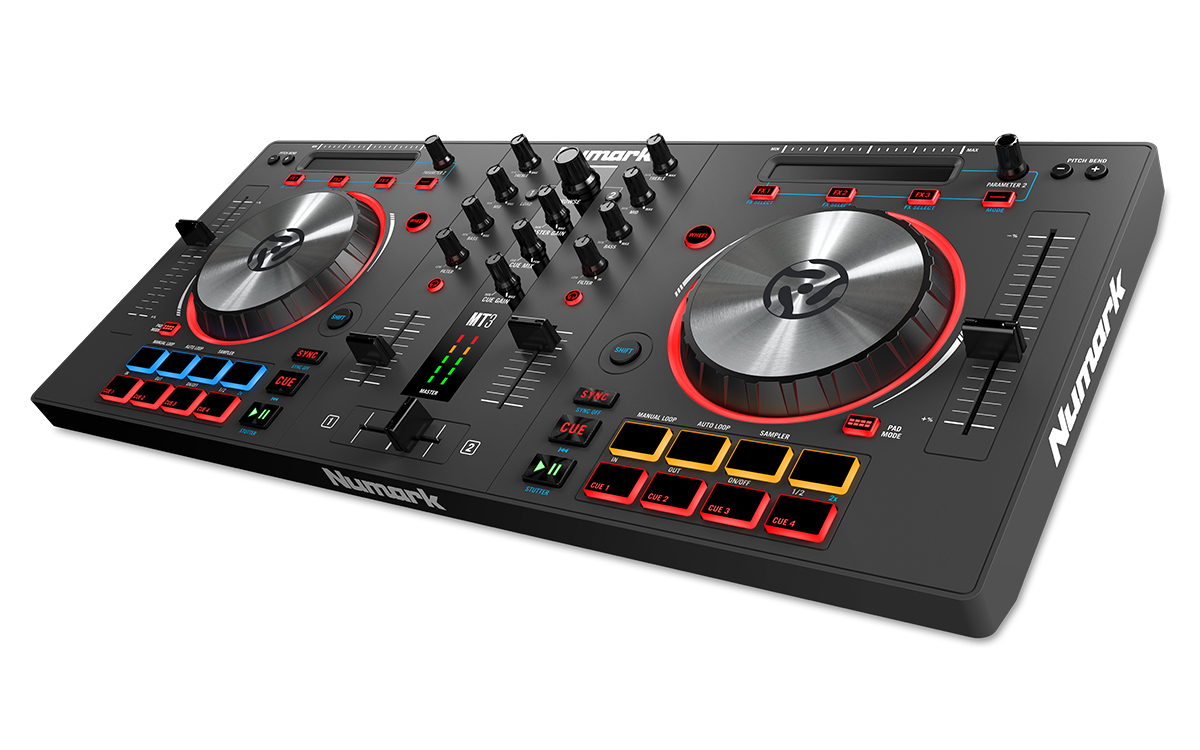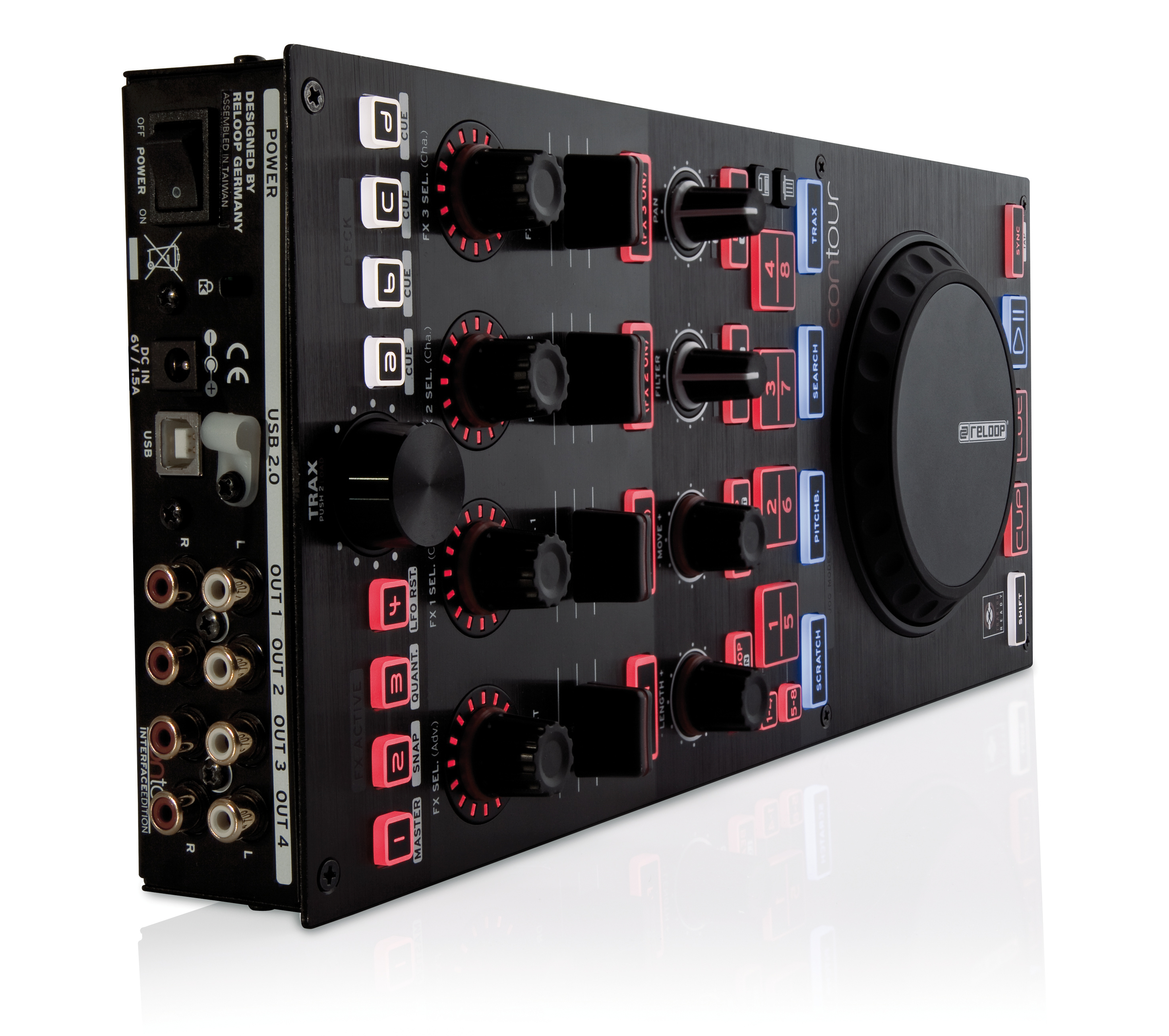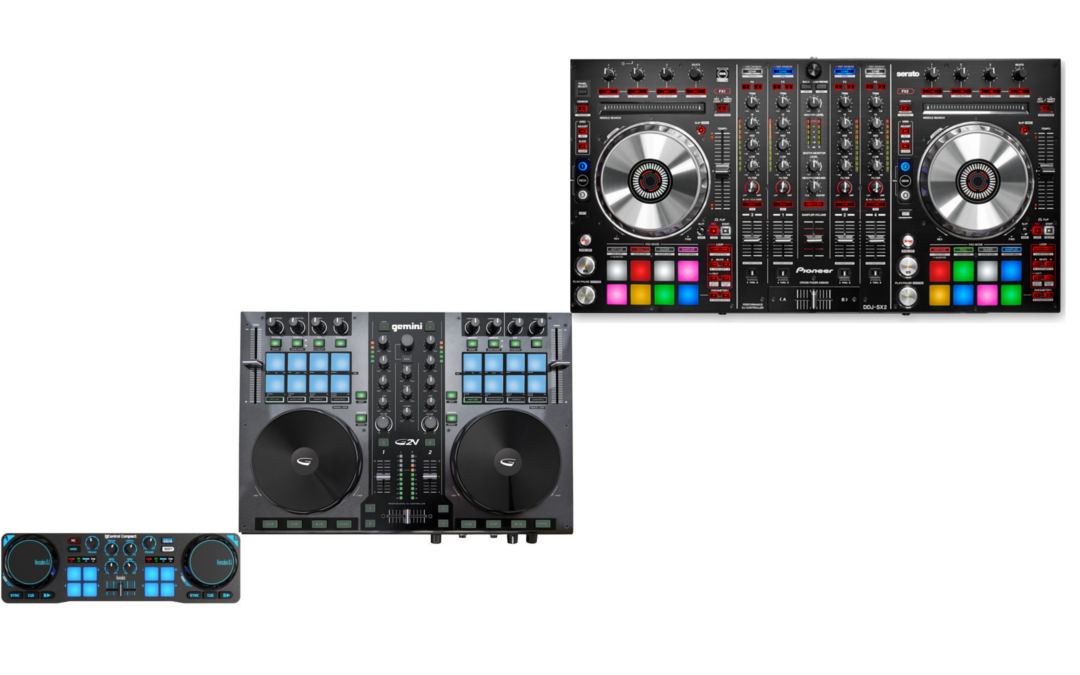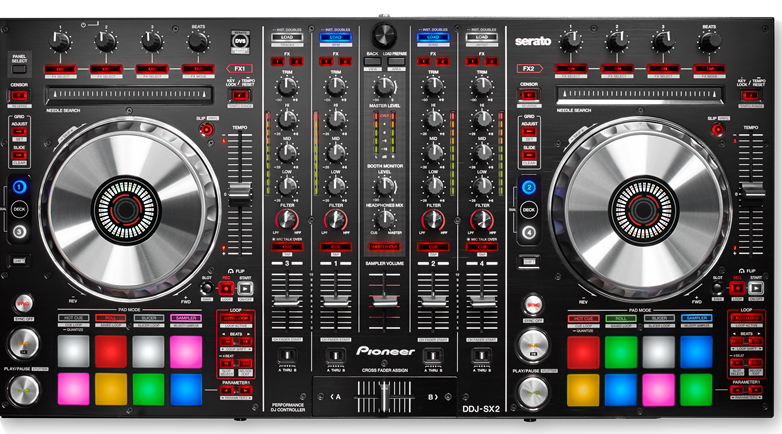It’s not about size. It’s how you use controllers to complement your DJ set. MIDI and HID controllers have come a long way since the 2000s and they’re one of the most beloved DJ gear out there. Controllers come in all shapes and sizes, features, colors and materials, so it’s been looking pretty confusing for new DJs wanting to buy.
Do a little research about what controllers may suit your needs and if the DJ app you have or plan on getting has native support for it.
Very often, DJs fall in love with a particular controller or device and purchase it out of instinct before checking if their DJ app supports it. This is extremely important, especially if you haven’t yet acquired your DJ app. It’s true that even if the software doesn’t provide you with a native script for your controller, most have a Learn function that you can quickly map buttons, sliders and faders with. However, even if this quick workaround is more than enough for most DJs, the Learn function won’t be able to map jogwheels and other dynamic features, such as FX parameters.
future.dj pro has native support for 88 MIDI and HID controllers, ranging from the very small and basic to the very big and complex.
If you plan on getting a small controller, you should know that most don’t have an integrated audio device, even though some of them have a headphones jack, enough for you to preview your mix. Of course, this all depends on what you want to accomplish. Small DJ gear is best suited for practicing your skills when on the move, but if DJing is just a hobby for you, something like the Hercules DJ Control Compact (seen below), Faderfox DJ3 or iON DJ2GO will give you more than you’d expect at a price so small that you can afford an extra controller as well.
Before throwing yourself from a small to a big and complex controller, there are plenty of medium size controllers like the Pioneer We-GO, the Numark Mixtrack Pro (seen below) or the Hercules RMX, that come with decent audio interfaces for most all-in-one needs. Buying a big MIDI controller, like the Gemini Slate 4, the Pioneer DDJ-SX (seen below) or the outrageously massive Numark NS7 should not be considered unless you’re serious about DJing or make a living out of it; if you’re crazy about a certain model, you’ll buy it anyway, but it pays if you stop for a moment and be honest with yourself. Many fresh DJs make the mistake of buying big before they know where they are going with DJing and end up reselling the gear at a much smaller price.
Buying a big MIDI controller, like the Gemini Slate 4, the Pioneer DDJ-SX (seen below) or the outrageously massive Numark NS7 should not be considered unless you’re serious about DJing or make a living out of it; if you’re crazy about a certain model, you’ll buy it anyway, but it pays if you stop for a moment and be honest with yourself. Many fresh DJs make the mistake of buying big before they know where they are going with DJing and end up reselling the gear at a much smaller price.
A lot of performers nowadays have been migrating to modular setups, having multiple controllers and devices, each one fulfilling a separate purpose that they can remap and use for individual parameters and custom control.
DJ gear like the Reloop Contour (seen below), the Behringer CMD series and all the way up to the expensive Allen&Heath Xone 2D are purposefully built as controllers you can integrate to your original setup to give you an extra set of commands and add value to your set.
In any case, it’s best if you visit your local DJ gear dealer, so you can get a feel for the controller’s weight, quality and test it yourself, rather than instantly ordering online.




Trackbacks/Pingbacks